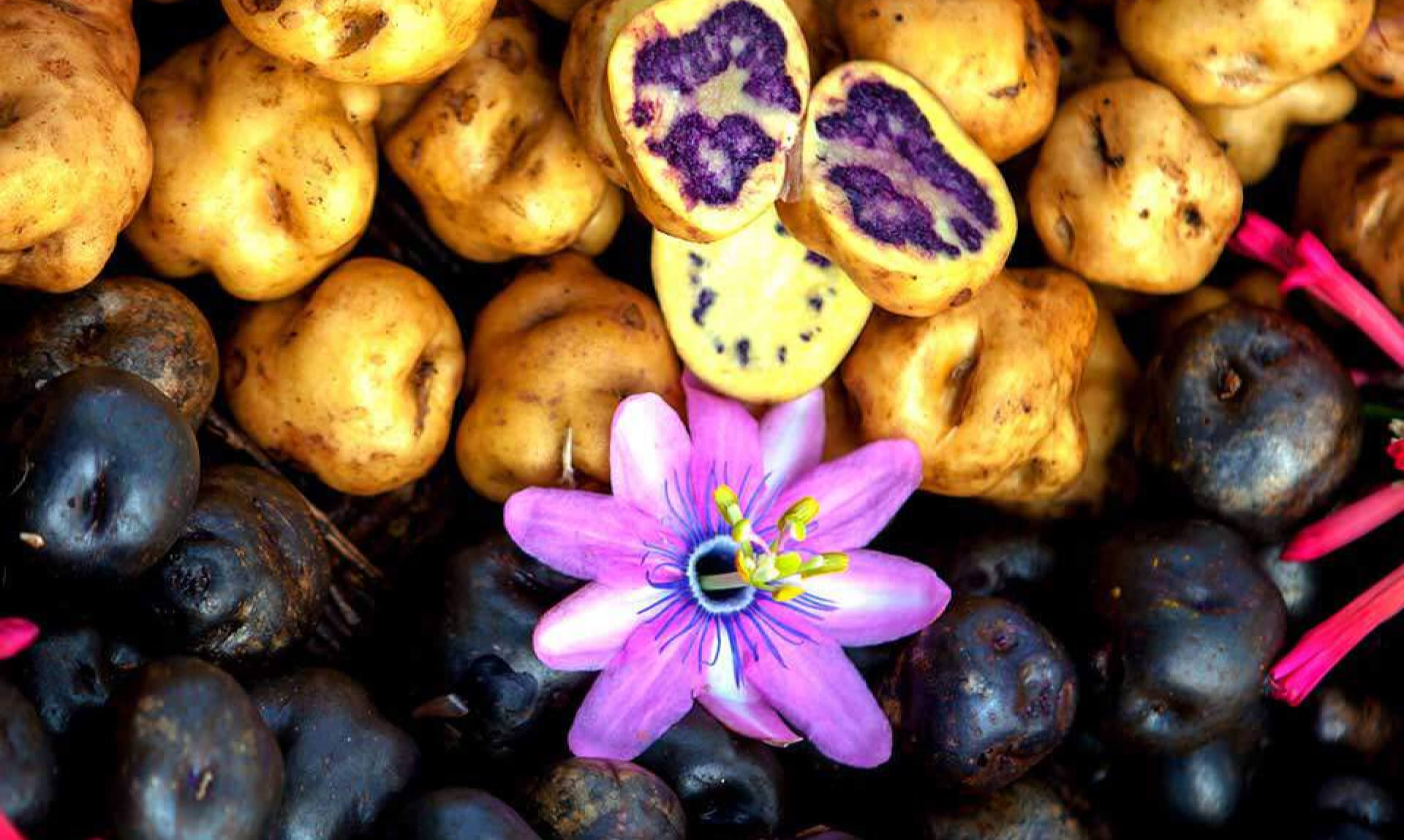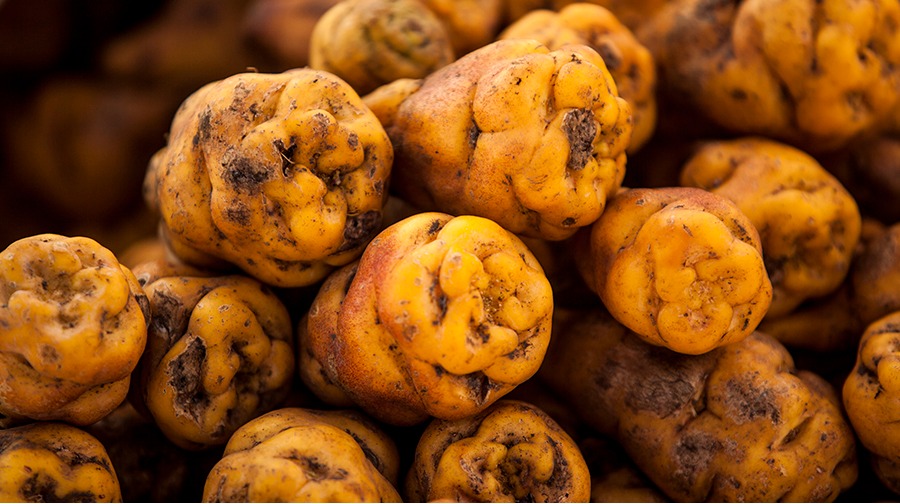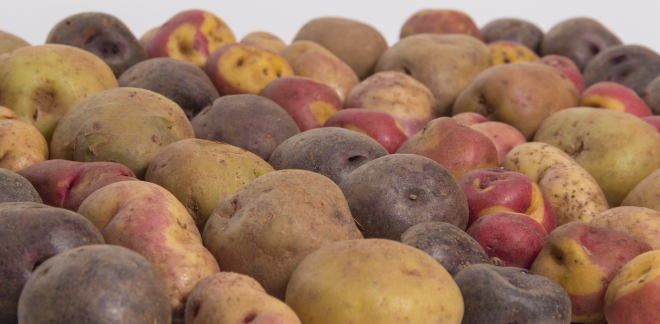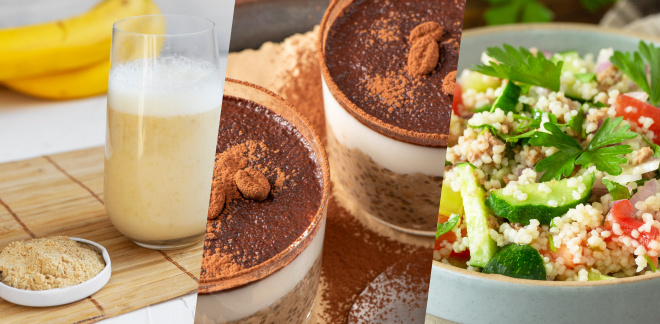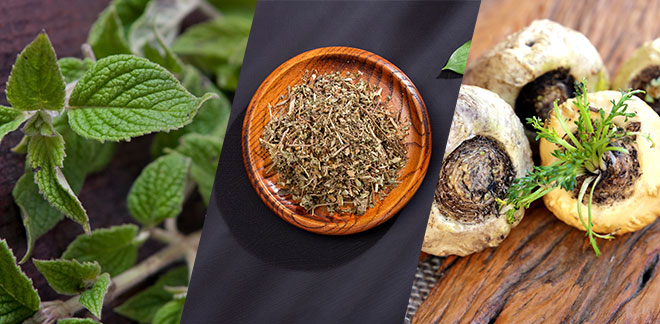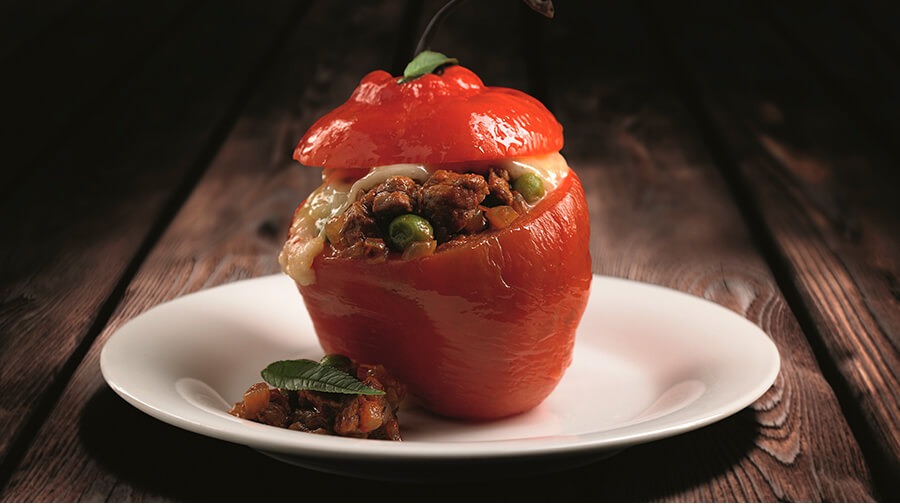Black mashua and its cancer-fighting properties
Síguenos en:Google News
Black mashua is an Andean tuber very similar to potatoes or oca that holds a trove of pharmaceutical and health benefits for the human body. Study show that this food containing protein, carbohydrates and anthocyanin is anti-carcinogenic and can be used to treat colon, skin and prostate cancer. Harvested since before the reign of the Incas, this crop thrives in the highlands of the Yanacancha district of the province of Junín.
Said to be worth its weight in gold, mashua contains between 9000 and 10,000 units of antioxidants, which help keep cells young and reduce inflammation in the kidneys. Some doctors recommend eating this very healthy food, obviously in tandem with regular exercise.
Black mashua grows at high altitudes and needs no pesticides or fertilizers. This hardy crop has its own defenses against pests and insects and can withstand icy temperatures. The tuber is generally ready for harvest seven or eight months after it is planted.
Properties and benefits of this black gold
Statistics show that approximately 80% of men could suffer from prostate cancer, so eating a good diet should be one of people’s top priorities. Today, black mashua can prevent this type of disease because of its high anthocyanin content.
According to consumers of natural medicine, this Andean tuber is considered black anti-carcinogenic gold. It can also help cure kidney stones, anemia and prostate illnesses. Additionally, it is a great source of protein, carbohydrates, vitamin C and fiber, and it combats bacteria like E. coli, Staphylococcus and Candida albicans.
Black mashua is sold at organic food fairs and can be boiled, lightly roasted, mashed, fried, or added to soups. It can even be made into desserts or beverages because its flavor is very similar to that of the traditional Peruvian corn beverage chicha morada.
The potency of black mashua’s anthocyanins
It is no secret that black mashua contains high doses of anthocyanins, but what does that mean? Anthocyanin is the name of the natural bluish-purple pigment found in some foods. Its chief healing powers are inducing the body to synthesize collagen and keeping oxidants from damaging connective tissue. It can also treat inflammation and/or allergies.
This compound can help improve eyesight because it strengthens micro-circulation in the eyes and capillaries. It is also a boon to people with cardiovascular problems because it is packed with antioxidants - vitamins C and E - properties that help protect the heart.
It is also recommended for stimulating blood flow and as a remedy for sneezing during winter, for injuries caused by any kind of physical resistance, and eyes that are tired from too much screen time. It also revitalizes people’s skin by rejuvenating the body’s collagen.
How black mashua improves the human body
Goodbye allergies: black mashua relieves histamines, leukotrienes and inflammatory enzymes. It also has the ability to control allergic processes like asthma, hay fever, dust allergies and others.
It renews your skin: fibers like elastin and collagen lead to better skin, keeping it smoother, stronger and more supple. As time passes, there are fewer fibers in the epidermis, making people’s skin less firm and more susceptible to wrinkling. People who eat black mashua will see higher levels of collagen and vitamin C, resulting in more youthful skin.
No more pain and inflammation: black mashua blocks inflammatory metabolites. In other words, it can help cure sports injuries. It also helps release retained fluids, reducing pain, swelling and congestion in the body.

